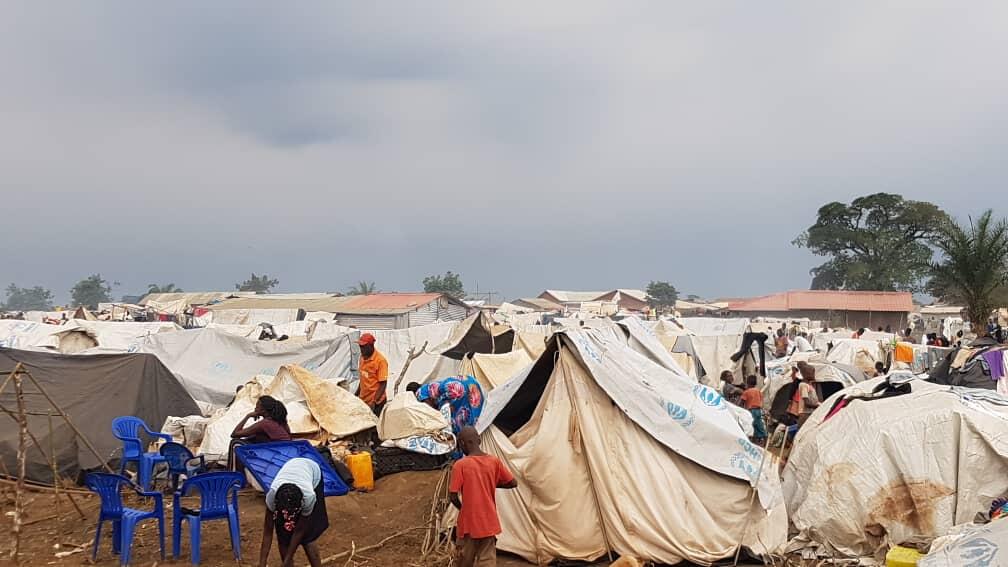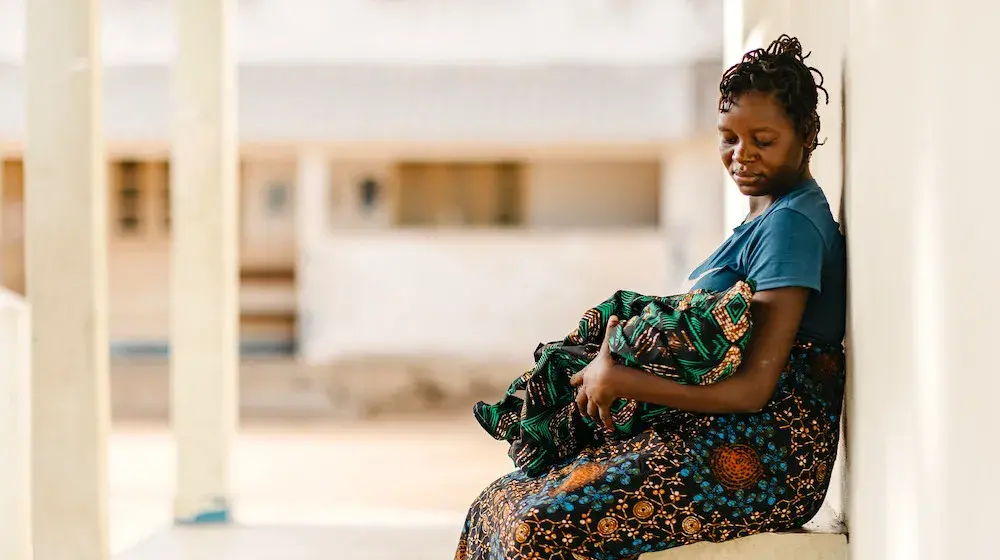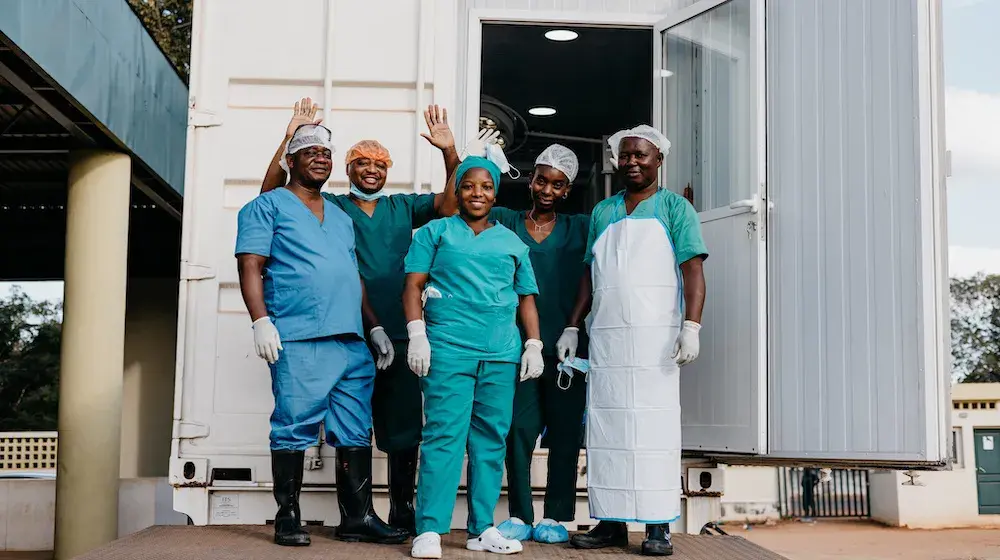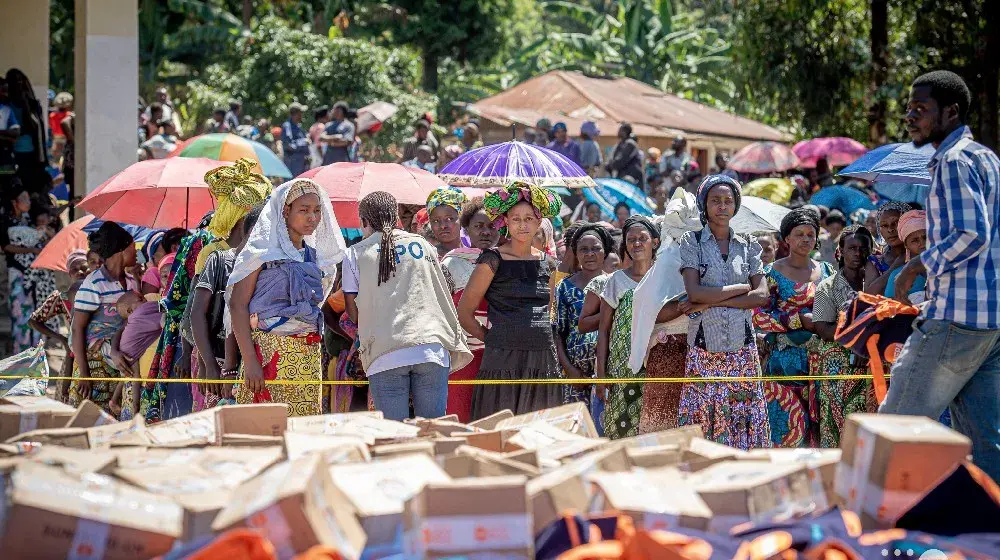A large group of about 16000 persons were repatriated from the Lovua refugee camp in the Angolan province of Lunda Norte. These persons voluntarily expressed the desire to return to the DRC after escaping the violence that rocked Kasai Central during the armed conflicts between the regular Congolese army and the militia of Kamuina Nsampu between 2016 and 2017.
On their arrival in Congolese territory, these voluntary returnees settled in the health area of Kalamba Mbuji in the Luambo health zone situated at 234 kilometers from Kananga.
The settlement site created spontaneously did not respect any norm in terms of hygiene and camp settlement and management.
Many pregnant women were registered in this make shift settlement and many others gave birth without any assistance. Poor hygienic conditions also exposed the returnees to diarrheal and other forms of epidemic
Within this backdrop, humanitarian actors present in Kasai Central conducted a joint mission to rapidly assess the urgent needs of the returnees and to encourage the host population.
UNFPA through its implementing partner Caritas and thanks to Canadian humanitarian funds immediately strengthened quality sexual and reproductive health service delivery in the Kalamba Mbuji heath center situated some 7 km from the returnees’ settlement site.
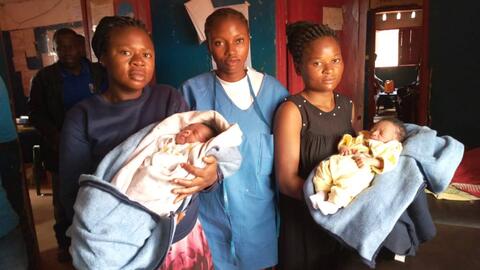
UNFPA supplied this center with various reproductive health kits capable of assisting more than 12000 deliveries in a health facility while establishing a referral system for women in the returnees’ sites to be able to benefit from free and quality care in the health center
Moreover, 600 individual delivery kits were distributed to visibly pregnant women to enable them deliver safely wherever the need arose and especially if they could not access the health facility at night
Clinical services were equally availed to pregnant women and girls including vaccination against tetanus
For the management of rape cases as well as sexually transmissible infections, the health center was equipped with medicines and supplies to treat at least 200 cases that could arise.
As such the Kalamba Mbuji was able to provide skilled assistance to at least 3 deliveries per day thanks to UNFPA support

